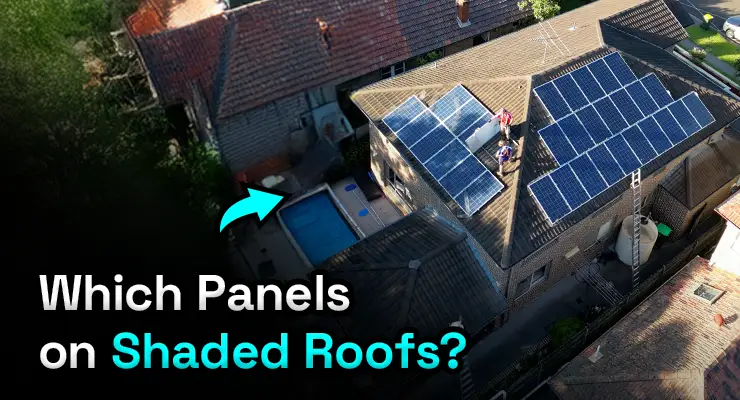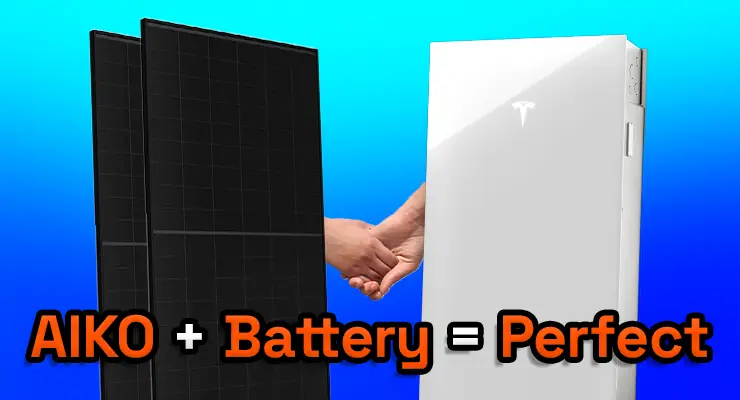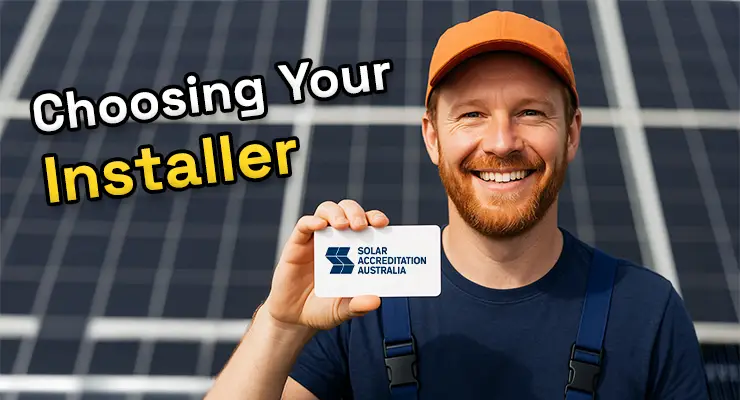Fast read
Solar scams, also known as Go Bust or phoenixing scams, have been a recurring issue in the solar industry, leaving customers in difficult and unsupported situations.
Some companies offer solar packages with cheap solar panels and low-quality equipment, resulting in system failures after a short period. When warranty claims go up, companies may go bankrupt, leaving customers without the products or support they were promised.
In Australia, around 30% of solar panels are considered "Solar Orphans." This term refers to panels installed by companies that have since gone out of business. As a result, customers are left without any means of receiving service or making warranty claims. This leaves customers with no way to get service or product warranty claims.
To avoid falling victim to these scams, customers should thoroughly research solar energy companies, read customer service reviews, and seek advice from reliable sources before committing. If the solar panel system is extremely cheap - please be careful and research the situation a little more.
The Hidden Threat: Solar Scams in Australia
Solar energy is booming in Australia, offering homeowners a way to cut electricity costs and reduce carbon emissions. But with this demand comes a rising wave of solar scams in Australia, leaving thousands of Australians with faulty systems, no warranty, and out-of-pocket expenses.
A shocking 30% of solar systems in Australia are now considered “Solar Orphans”, meaning the companies that installed them have since collapsed, leaving customers stranded.
If you’re considering solar, this guide will help you identify solar scams, protect your investment, and ensure you’re working with a legitimate provider.
What Are Solar Scams and Why Are They a Problem?
Solar scams typically involve dodgy companies offering cheap solar deals with low-quality equipment and false promises. These companies often go out of business within a few years, leaving customers unable to claim warranties or receive technical support.
One of the most common scams is called “phoenixing”, where the same business owners shut down their company to avoid liability, then restart under a new name—repeating the scam all over again.
How Do Solar Scams Work?
- Too-Good-To-Be-True Pricing – Companies lure in customers with unrealistically cheap solar packages.
- Low-Quality Equipment – They install poor-quality panels and inverters with limited lifespan.
- Fake Warranty Promises – When customers need support, the company is nowhere to be found.
- Going Bust on Purpose – They declare bankruptcy when warranty claims rise.
- Rebranding & Restarting – The same people open a new company under a different name, continuing their fraudulent activities.
What Is the “Go Bust” Solar Scam in Australia?
The “Go Bust” solar scam is a recurring issue in the Australian solar industry. It refers to companies that intentionally go bankrupt to avoid honouring warranty claims and service commitments. Here’s how it typically works:
- Initial Sales Boom: The company sells large volumes of solar systems, often marketed as premium quality at bargain prices.
- Low-Quality Equipment: They use cheap solar panels and inverters from manufacturers without an Australian presence, making after-sales support nearly impossible.
- Rising Warranty Claims: As systems start to fail, customers flood the company with warranty claims, which the company cannot afford to service.
- Intentional Bankruptcy: Facing mounting costs, the company declares bankruptcy, leaving customers without support.
- Phoenixing: The same directors often start a new company under a different name, continuing the same deceptive practices.
How Common Are Solar Scams in Australia?
Unfortunately, solar scams are more common than you’d think. The Australian solar industry has seen numerous cases where companies collapsed within a few years, leaving behind thousands of unsupported systems. While not every defunct solar company is a scam, the pattern of phoenixing suggests deliberate intent in many cases.
- 30% of solar systems in Australia are considered “Solar Orphans.”
- Many of these systems have no valid warranty due to the collapse of both the installer and the equipment manufacturer.
The Devastating Cost of Falling for a Solar Scam
Getting scammed isn’t just frustrating—it can cost you thousands and leave you with a broken system that doesn’t work.
Here’s what happens when a dodgy solar company disappears:
- No Warranty Support – If your panels or inverter fail, you have no way to claim repairs.
- Expensive Repairs or Replacements – You’ll need to pay out-of-pocket to fix a faulty system.
- Higher Electricity Bills – A broken system means you lose solar savings and rely on the grid.
- Lost Government Rebates – If a non-accredited company installs your system, you may miss out on solar incentives.

How to Avoid Solar Scams in Australia: 8 Essential Tips
Protect yourself from becoming another statistic. Here’s how to ensure you’re dealing with a reputable solar company:
1. Research the Company Thoroughly
- Check their ABN (Australian Business Number) and how long they’ve been in business.
- Look for companies with a history of at least 5+ years in the solar industry.
- Verify if they’re a Clean Energy Council (CEC) accredited installer.
2. Read Independent Customer Reviews
- Don’t rely solely on testimonials on their website.
- Check platforms like ProductReview.com.au, Google Reviews, and Trustpilot.
- Look for patterns of complaints, especially around warranties and customer service.
3. Beware of Unrealistic Offers
- If the price seems too good to be true, it probably is.
- Be cautious of companies promising unrealistic returns (e.g., “save $3,000 a year from a $6,000 system”).
4. Ask About Warranty Details
- A reliable company will offer product warranties backed by the manufacturer, not just the installer.
- Ensure the manufacturer has an Australian office for warranty claims.
5. Avoid High-Pressure Sales Tactics
- Scammers often use urgent language like “limited-time offer” to rush your decision.
- Take your time to compare quotes and seek second opinions.
6. Verify the Manufacturer’s Credibility
- Research the brands of solar panels and inverters being offered.
- Stick to well-known brands with a solid track record in Australia.
7. Understand the Payment Terms
- Be wary of companies demanding large upfront payments.
- Opt for payment plans that offer protection, such as those linked to milestones in the installation process.
8. Check for a Director ID
- As of recent regulations, Australian company directors must register for a Director ID.
- This helps identify individuals involved in multiple failed businesses.
Final Thoughts: Protect Your Solar Investment
While solar scams in Australia are a growing problem, they are 100% avoidable if you stay informed and do your research.
Take Action Now:
- Choose a trusted solar provider with a proven track record.
- Get multiple quotes and compare warranty terms.
- Check if they are Clean Energy Council-accredited (CEC).
- Avoid pushy sales tactics and too-good-to-be-true prices.



